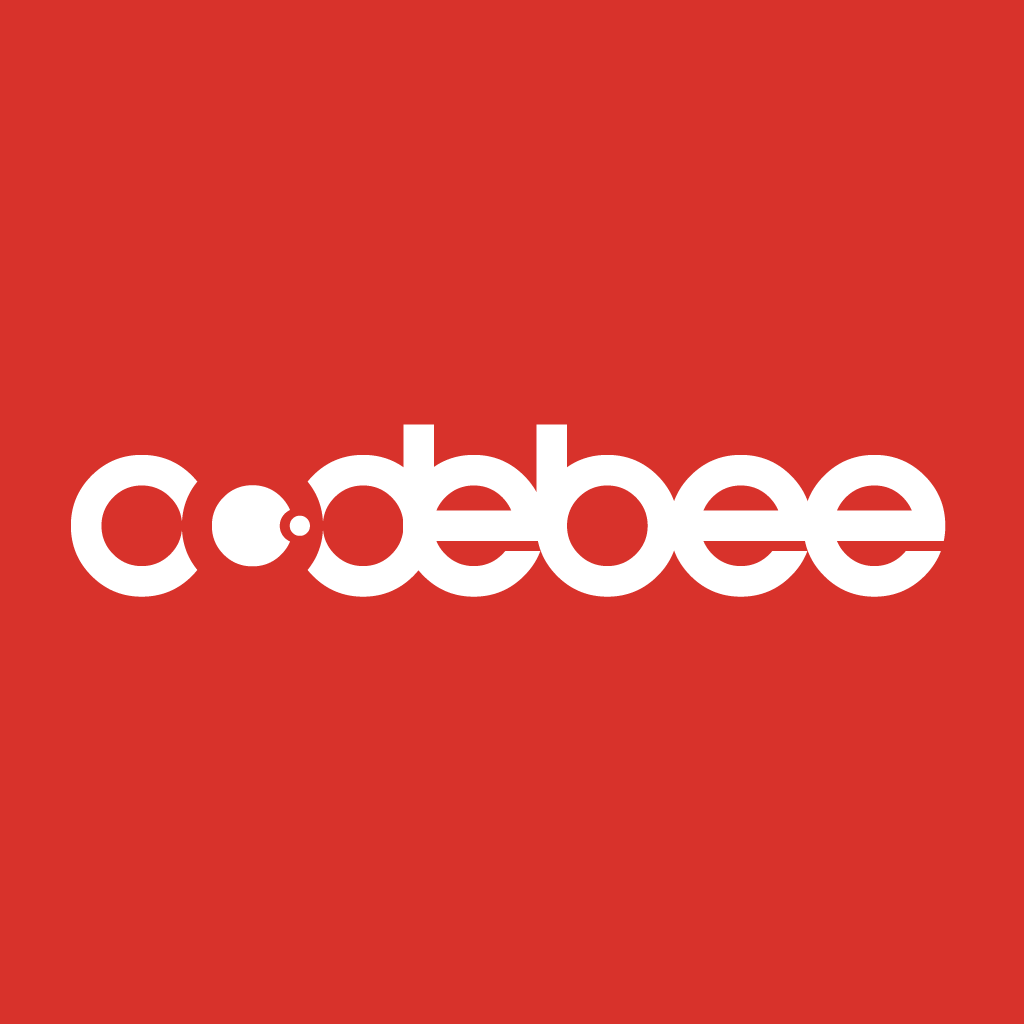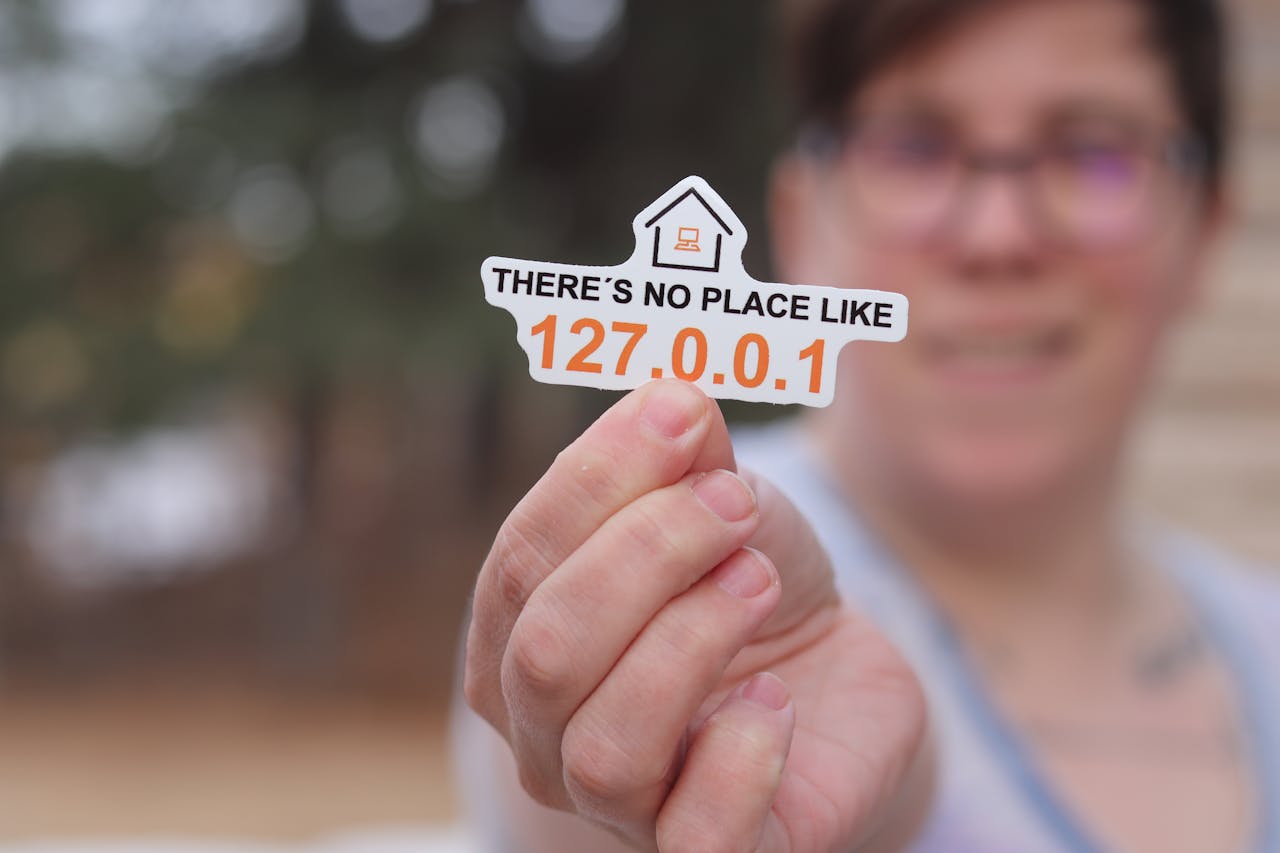JSON Validator
A JSON Validator is a tool or software used to check whether a JSON (JavaScript Object Notation) string or file is correctly formatted according to JSON syntax rules. It helps ensure that the JSON data is valid and well-formed before being used in applications, transmitted over networks, or parsed by software systems. JSON validation checks for common errors such as missing brackets, commas, or quotation marks.
A JSON Validator is a tool or software used to check whether a JSON (JavaScript Object Notation) string or file is correctly formatted according to JSON syntax rules. It helps ensure that the JSON data is valid and well-formed before being used in applications, transmitted over networks, or parsed by software systems. JSON validation checks for common errors such as missing brackets, commas, or quotation marks.
Key Features of a JSON Validator:
-
Syntax Validation:
- A JSON validator checks if the JSON data adheres to the proper syntax rules, including correct use of brackets (
{}and[]), commas, colons, and quotes around keys and values.
- A JSON validator checks if the JSON data adheres to the proper syntax rules, including correct use of brackets (
-
Error Detection:
- If the JSON data is malformed or contains syntax errors, the validator will highlight the error and often provide an error message explaining what is wrong (e.g., "unexpected token", "missing closing bracket", etc.).
-
Error Location:
- JSON validators usually pinpoint the exact location of the error in the JSON data, making it easier to fix issues. The error location can be shown in terms of line numbers or character positions.
-
Formatting Assistance:
- Many JSON validators also format or pretty-print the JSON data by adding indentation and line breaks. This makes the data easier to read and debug, especially when it is complex or nested.
-
Validation against JSON Schema:
- Some advanced JSON validators can validate the data against a predefined JSON Schema. A schema is a template that defines the structure, types, and constraints of the JSON data (e.g., specifying that a particular field should be a string, number, or array).
-
Automatic Formatting:
- After validating the JSON, some tools will automatically format the data to ensure that it is properly indented and easy to understand.
Why Use a JSON Validator?
-
Ensure Correctness:
- JSON is a strict format, and even small mistakes like a missing comma or mismatched brackets can cause parsing errors. A validator helps ensure the JSON data is free of syntax errors before being used.
-
Improve Data Integrity:
- Validating JSON ensures that the data sent or received between systems follows the correct structure, reducing the chance of errors when processing it.
-
Faster Debugging:
- JSON validators can quickly highlight issues with your data, saving you time and effort in finding and fixing problems.
-
Prevent Application Errors:
- Incorrect JSON can cause applications to crash or behave unpredictably. Validating the JSON ensures the data is safe to be processed by applications, APIs, or services.
-
Debug API Responses:
- When working with APIs that send or receive JSON data, a JSON validator can help you check if the data is properly structured before sending or using it in your application.
How Does a JSON Validator Work?
-
Input:
- You paste or upload the JSON string or file into the validator tool.
-
Parsing:
- The tool parses the JSON data and checks it against the rules of JSON syntax (e.g., checking for matching brackets, commas, valid data types, and properly quoted strings).
-
Validation:
- The tool performs the validation and checks for syntax errors. If the JSON is invalid, it will highlight the issues and often provide a description of the error.
-
Error Reporting:
- The tool will report any issues found, typically including the error description and the location (line number or character position) where the error occurred.
-
Formatting:
- After validation, some validators may format the JSON data to make it easier to read, adding indentation and line breaks as necessary.
Types of JSON Validators:
-
Online JSON Validators:
- These are web-based tools that you can use directly from your browser without installation.
-
Text Editors with Validation:
- Many text editors, like VSCode, Sublime Text, or Notepad++, have built-in JSON validation or can be enhanced with plugins to validate JSON data as you write or edit it.
-
Command-Line JSON Validators:
- These tools are designed for use in terminal environments, allowing developers to validate JSON data from the command line.
- Example: jq (a command-line tool for JSON processing)
- These tools are designed for use in terminal environments, allowing developers to validate JSON data from the command line.
-
Integrated Development Environments (IDEs):
- Some IDEs, such as IntelliJ IDEA or WebStorm, offer built-in JSON validation as part of their code-editing features.
Use Cases for JSON Validation:
-
API Development and Testing:
- When working with APIs that use JSON to transfer data, it's essential to validate the incoming and outgoing JSON data to ensure it adheres to the expected format.
-
Configuration Files:
- JSON is commonly used in configuration files for applications and services. A JSON validator ensures that the configuration data is structured correctly before it is processed.
-
Web Development:
- Web developers use JSON for storing and transmitting data. Validating JSON ensures that the data being sent to and from web applications is accurate and correctly formatted.
-
Database Import/Export:
- JSON is often used for importing or exporting data from databases. JSON validation ensures that the data adheres to the correct format for database operations.
-
Data Interchange:
- When exchanging data between systems, validating the JSON ensures that the data can be properly interpreted and processed by each system.
Example of JSON Validation Tools:
-
JSONLint:
- A popular online tool that validates JSON data and provides detailed error messages when the data is invalid.
-
JSON Formatter & Validator:
- This tool offers both validation and formatting features, allowing you to easily check and beautify your JSON data.
-
VSCode:
- A code editor with robust support for JSON validation, thanks to built-in features and extensions like
JSONLint.
- A code editor with robust support for JSON validation, thanks to built-in features and extensions like
-
jq:
- A powerful command-line tool for processing JSON data. It can be used for validation, transformation, and other tasks.
Conclusion:
A JSON Validator is an essential tool for ensuring that JSON data is well-formed and free of errors. Whether you're working with APIs, configuration files, or data interchange between systems, using a validator helps avoid issues caused by malformed JSON. By checking for syntax errors, formatting issues, and validating against JSON schemas, these tools make it easier to work with JSON data reliably and effectively.
Would you like to try using a specific JSON validator, or need more help with a JSON-related issue?













